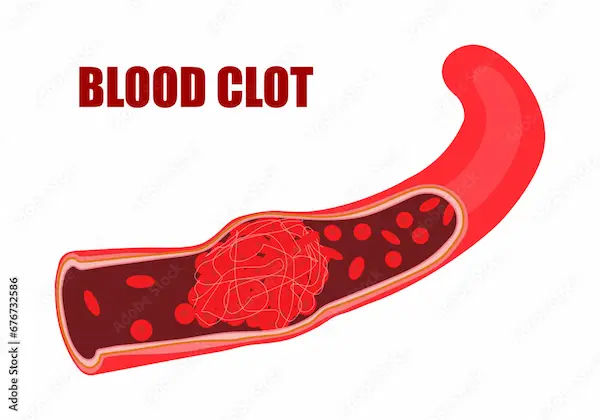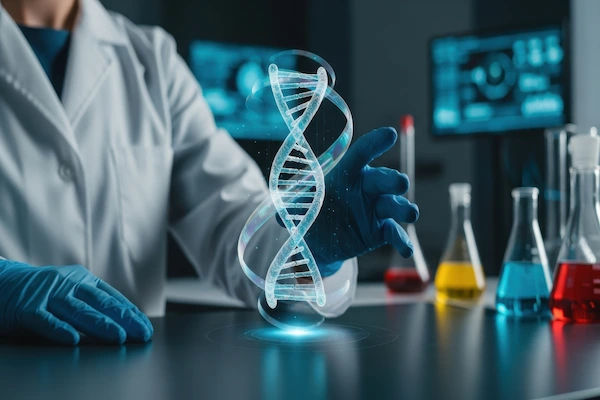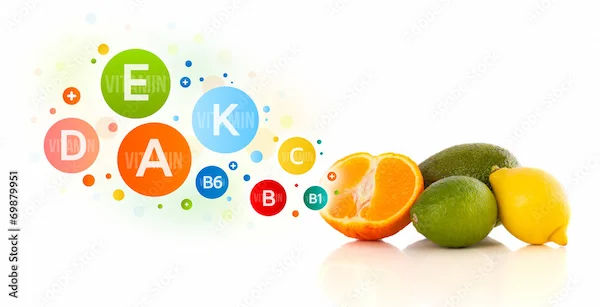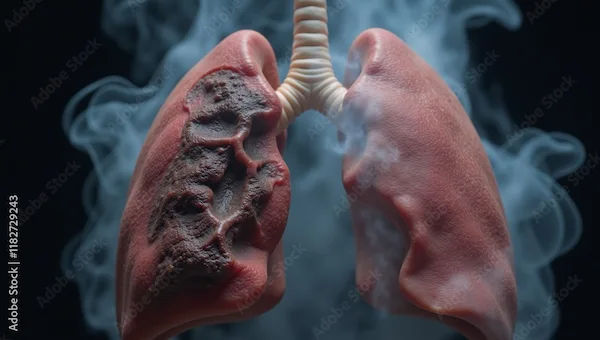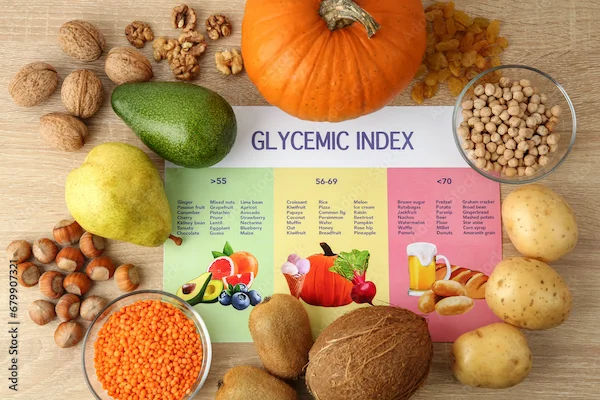Common Water-borne Diseases and Their Prevention
Learn about common water-borne diseases, their causes, symptoms, and health risks. Explore effective prevention methods to protect yourself and your family from contaminated water.

Written by Dr. Vasanthasree Nair
Reviewed by Dr. J T Hema Pratima MBBS, Fellowship in Diabetes Mellitus
Last updated on 13th Jan, 2026

Clean water is essential for good health, but contaminated water can lead to serious illnesses. Water-borne diseases are caused by harmful microorganisms like bacteria, viruses, and parasites that thrive in unclean water. These diseases are common in areas with poor sanitation, but they can affect anyone if proper precautions aren’t taken.
In this article, we’ll discuss the most common water-borne diseases, their symptoms, causes, and most importantly, how to prevent them.
Common Water-Borne Diseases
Below are a few common water-borne diseases,
1. Cholera
Caused by: Vibrio cholerae bacteria
How it spreads: Contaminated water or food
Symptoms:
Severe diarrhea (often watery and pale)
Vomiting
Dehydration (dry mouth, sunken eyes, low blood pressure)
Muscle cramps
Cholera can be life-threatening if not treated promptly. Rehydration is crucial.
2. Typhoid Fever
Caused by: Salmonella typhi bacteria
How it spreads: Contaminated water, food, or poor hygiene
Symptoms:
High fever (up to 104°F)
Weakness and fatigue
Stomach pain
Headache
Loss of appetite
Typhoid can lead to serious complications if untreated, so antibiotics are often needed.
3. Hepatitis A
Caused by: Hepatitis A virus
How it spreads: Contaminated water or food, poor sanitation
Symptoms:
Jaundice (yellow skin/eyes)
Dark urine
Fatigue
Nausea and vomiting
Fever
Hepatitis A affects the liver, but most people recover fully with rest and hydration.
4. Dysentery (Bacillary or Amoebic)
Caused by: Shigella (bacterial) or Entamoeba histolytica (parasitic)
How it spreads: Contaminated water, food, or poor hygiene
Symptoms:
Bloody or mucus-filled diarrhea
Stomach cramps
Fever
Dehydration
Severe cases may require antibiotics or antiparasitic medication.
5. Giardiasis
Caused by: Giardia lamblia parasite
How it spreads: Drinking contaminated water (even in pools or lakes)
Symptoms:
Watery, foul-smelling diarrhea
Bloating and gas
Stomach cramps
Nausea
Giardiasis can last for weeks if untreated.
6. Leptospirosis
Caused by: Leptospira bacteria (from animal urine in water)
How it spreads: Contact with contaminated water (floods, rivers)
Symptoms:
High fever
Muscle pain
Headache
Red eyes
Jaundice (in severe cases)
Leptospirosis can lead to kidney or liver damage if untreated.
Consult a Top Specialist
How Do Water-Borne Diseases Affect Health?
Water-borne infections can range from mild stomach upsets to life-threatening conditions. They often cause:
Severe dehydration (due to diarrhea/vomiting)
Malnutrition (due to poor nutrient absorption)
Long-term organ damage (in cases like Hepatitis A or Leptospirosis)
Weakened immunity, making the body more prone to other infections
Children, the elderly, and those with weak immune systems are at higher risk.
How to Prevent Water-Borne Diseases
Below are the ways to prevent water-borne diseases,
1. Drink Safe Water
Boil water for at least 1 minute before drinking.
Use water purifiers (RO/UV filters).
If unsure, drink bottled water from trusted brands.
2. Maintain Hygiene
Wash hands with soap before eating and after using the toilet.
Avoid touching your face with unwashed hands.
3. Eat Clean Food
Wash fruits and vegetables thoroughly.
Avoid raw or undercooked seafood.
Eat freshly cooked food.
4. Avoid Contaminated Water Sources
Do not swim in or drink from stagnant water (ponds, lakes).
Ensure swimming pools are properly chlorinated.
5. Get Vaccinated (Where Available)
Typhoid vaccine (recommended for travelers)
Hepatitis A vaccine (especially for children)
6. Keep Surroundings Clean
Dispose of waste properly to prevent water contamination.
Ensure proper sewage systems to avoid waterlogging.
When to See a Doctor?
Seek medical help if you experience:
Persistent diarrhea or vomiting (more than 2 days)
Blood in stool
High fever with dehydration
Severe weakness or confusion
Early treatment can prevent complications. If you suspect a water-borne infection, consult a doctor immediately.
Final Thoughts
Water-borne diseases are preventable with simple hygiene and safe water practices. By staying cautious and taking preventive steps, you can protect yourself and your family from these infections.
Consult a Top Specialist
Consult a Top Specialist

Dr. Chethan T L
General Physician/ Internal Medicine Specialist
5 Years • MBBS, MD, DNB (General Medicine)
Bengaluru
Apollo Medical Center, Marathahalli, Bengaluru

Dr. Shubham Chauhan
General Practitioner
4 Years • MBBS
Lucknow
Apollo 24|7 Clinic - Uttar Pradesh, Lucknow

Dr. M L Ezhilarasan
General Practitioner
6 Years • MBBS
Visakhapatnam
Apollo 24|7 Clinic - Andhra Pradesh, Visakhapatnam

Dr. Arindam Bauri
General Physician/ Internal Medicine Specialist
12 Years • MBBS, MD General Medicine
Kolkata
LifeCare, Kolkata
(25+ Patients)

Dr. Moumita Roy
General Physician/ Internal Medicine Specialist
8 Years • MBBS , MD (Anesthesiology)
Kolkata
VDC Clinic, Kolkata
